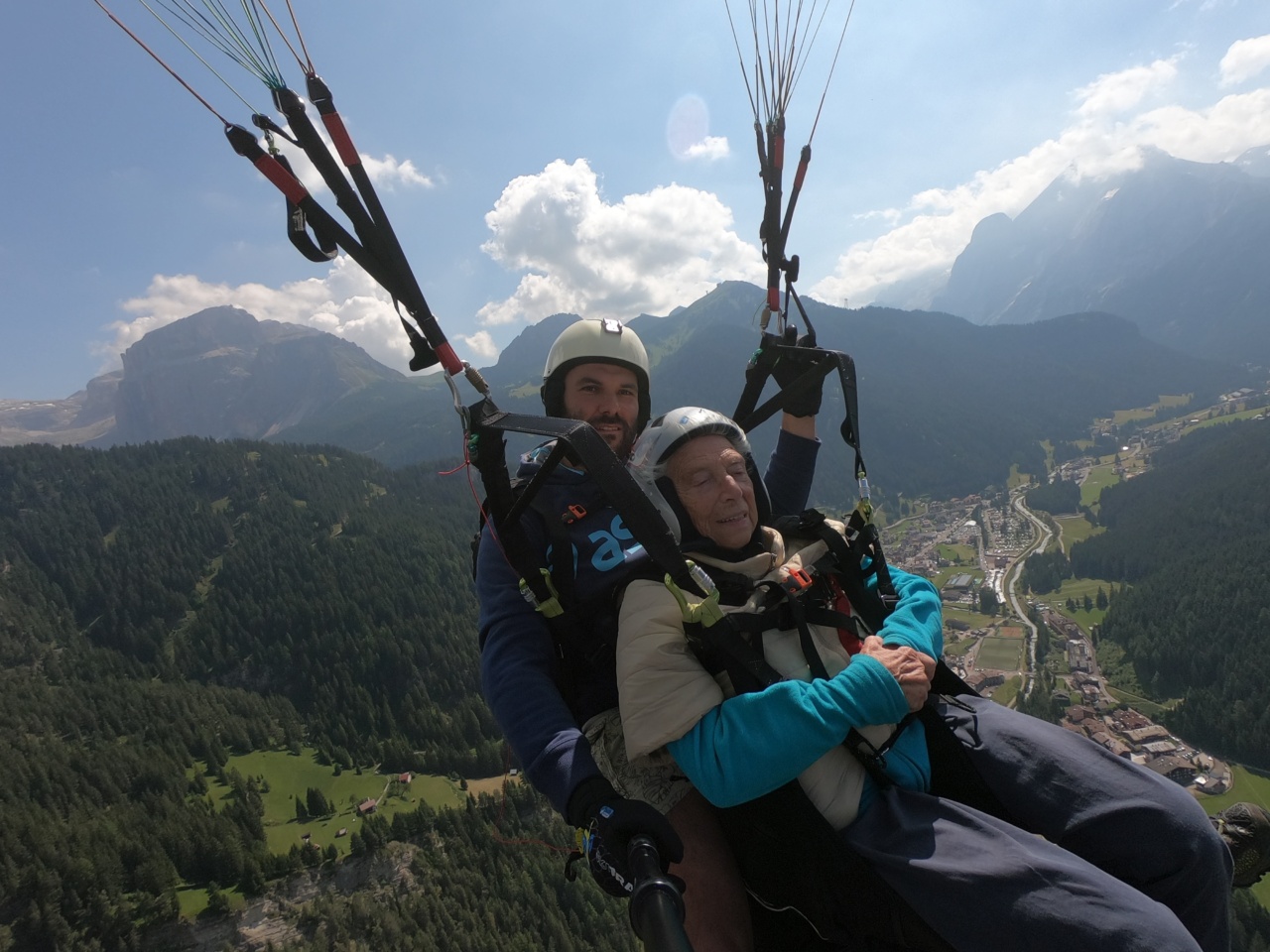Brain trauma is a major public health concern worldwide, with millions of people sustaining traumatic brain injuries (TBIs) every year. It is the leading cause of death and disability among young adults, and the incidence rate is increasing globally.
One of the most significant concerns associated with brain trauma is the risk of developing dementia at a young age. Dementia is a debilitating and progressive condition that affects cognitive functions such as memory, language, and decision-making.
It has long been recognized as a disease of the elderly, but recent studies have shown that brain trauma can also lead to early-onset dementia.
What is Brain Trauma?
Brain trauma refers to any injury that occurs to the skull, brain tissue, or blood vessels of the brain. It can result from a variety of causes, including falls, sports injuries, motor vehicle accidents, and violence.
The severity of the injury can range from mild to severe, and the symptoms may vary accordingly.
A mild TBI is also referred to as a concussion. It is a temporary disturbance in brain function and may not result in long-term consequences.
However, a severe TBI can cause lasting damage to the brain, leading to physical, emotional, and cognitive impairments.
The Link Between Brain Trauma and Dementia
Research has shown that individuals who sustain a TBI are at increased risk of developing dementia later in life.
According to a study published in JAMA Neurology, individuals who have suffered a TBI have a 24% increased risk of developing dementia compared to those who have not. The risk is even higher for those who have had multiple TBIs.
The exact mechanisms behind the linkage between brain trauma and dementia are not yet fully understood. However, it is thought that the injury triggers a cascade of events that contribute to the development of dementia.
These events may include chronic inflammation, oxidative stress, and the accumulation of abnormal proteins in the brain, such as tau and amyloid.
Types of Dementia Associated with Brain Trauma
There are several types of dementia that have been associated with brain trauma:.
: Alzheimer’s disease
Alzheimer’s disease is the most common type of dementia and accounts for up to 60% of all cases. It is characterized by memory loss, confusion, and difficulty with language and decision-making.
Studies have shown that individuals with a history of TBI are at increased risk of developing Alzheimer’s disease, particularly if they have had multiple concussions.
: Chronic traumatic encephalopathy (CTE)
CTE is a progressive degenerative disease that is caused by repetitive brain trauma. It is often seen in athletes who participate in contact sports such as football, rugby, and boxing.
The symptoms of CTE include mood swings, impulsivity, and difficulty with memory and attention. The condition is characterized by the accumulation of abnormal proteins in the brain, particularly tau.
: Vascular dementia
Vascular dementia is caused by reduced blood flow to the brain, which leads to cognitive impairment. This condition is associated with brain conditions such as stroke, high blood pressure, and atherosclerosis.
Studies have shown that individuals who have sustained a TBI are at increased risk of developing vascular dementia.
Preventing Brain Trauma and Dementia
The best way to prevent brain trauma and the associated risk of developing dementia is to take preventative measures:.
: Wear protective equipment
Individuals who participate in contact sports or activities that may result in head injuries should wear protective equipment, such as helmets. The proper use of helmets can help reduce the risk of serious injury.
: Reduce the risk of falls
The majority of TBIs are caused by falls. Taking simple precautions like installing handrails in staircases, using non-slip mats in bathrooms, and removing tripping hazards can help reduce the risk of falls.
: Drive safely
Motor vehicle accidents are another common cause of TBIs. Drivers should always wear seat belts and avoid impaired driving. Passengers should also wear seat belts and avoid distractions while in the car.
: Get prompt medical attention
If you sustain a head injury, seek medical attention immediately. Prompt treatment can help mitigate the damage and reduce the risk of long-term consequences.
Conclusion
Brain trauma is a serious concern, and individuals who have sustained a TBI are at increased risk of developing dementia later in life.
While the exact mechanisms behind the linkage are not yet fully understood, studies have shown a clear association between the two conditions. Taking preventative measures such as wearing protective equipment, reducing the risk of falls, and seeking prompt medical attention can help reduce the risk of brain trauma and the associated risk of developing dementia.





























